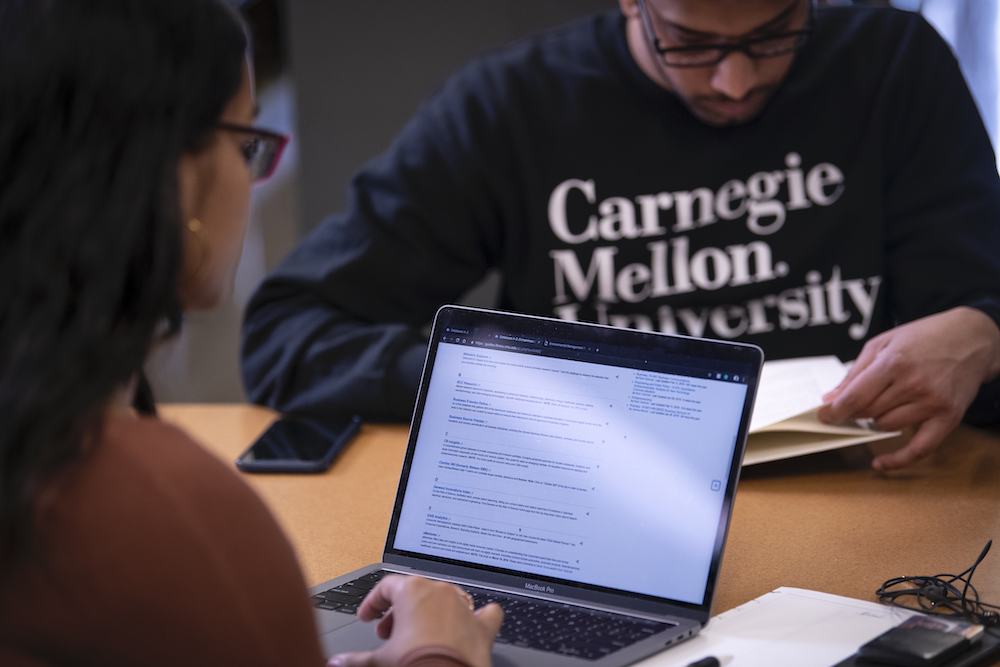
Librarians have been using email to contact and work with students and faculty for several decades. Going into classes to demonstrate to students how to access our resources, and how best to use them is commonplace, too. Now, with COVID-19 requiring that everyone "stay in place," we're all using other methods to continue to reach our users.
Recently I used Zoom to meet with a class to demonstrate connecting to a particular database and how best to search it. I also demonstrated how to use Jing to copy articles, and then highlight and comment on content. How strange talking to a laptop explaining features of databases. How peculiar to be concerned about my background. Perhaps oddest was looking at my audience and seeing a combination of human faces and avatars!
Size doesn't matter when it come to online instruction. Zoom is great for individual instruction as well. The format lets the student and me go over resources that are best for a particular topic, just like we would in my office. Though sometimes an Internet "stutter" would necessitate a repetition of a question or an explanation, it was a great way to keep in touch. Seeing the student's face is so important in instruction. It is a good reflection of whether a process or concept is clear to them, or whether further explanation is needed.
And of course email continues to be an essential mode of communication, whether to set up a Zoom meeting, or to answer a question. Faculty continue to request books for students. Often we are able to meet that need with an e-book purchase. But in one case, that wasn't possible. Noting the publisher was undistinguished, I decided to go another route. After considering the topic, I went into one of our databases and found an entire journal issue devoted to the topic. Fortunately, this suited both the professor and the student's needs.
It's great being able to stay in touch with our faculty and students, no matter the method. I often tell students the Internet is great because they can get to anything from anywhere. I also tell them that it's not so great since now there's no excuse for not being able to do their work! Knowing we can help them anywhere and via many modes may take away some the pain of never being able to escape their assignments!
Sue Collins
Senior Librarian
